Description
Motorola MVME172-513: Rock-Solid Embedded Control for Legacy Industrial Systems
Let’s be real – you’re probably not looking for flashy new tech here. You need something that’ll keep aging production lines humming when modern controllers would overcomplicate things. That’s exactly where this Motorola workhorse shines. From my experience troubleshooting factory floors, the MVME172-513 is the go-to when you’ve got VMEbus systems from the 90s that still can’t be retired (I’ve seen bottling plants run these for 15+ years!). One plant manager told me: “It’s ugly but it never crashes during shift change.”
Why This Vintage Module Still Matters
- ✓ True drop-in replacement – Swaps straight into your existing VME64 chassis without rewiring. Saved a paper mill $200k last year by avoiding a full control system overhaul.
- ✓ 68040 muscle that won’t quit – That 50MHz processor handles legacy ladder logic smoother than modern PLCs trying to emulate old protocols. One thing I appreciate is how it laughs off voltage spikes that fry newer boards.
- ✓ No-nonsense I/O – Dual serial ports and discrete I/O mean you’re not wrestling with protocol converters. A refinery tech told me: “Finally fixed our comms dropouts – just plugged this in where the old board died.”
Real-World Specs (No Marketing Fluff)
| Spec Category | Details |
|---|---|
| Brand/Model | Motorola MVME172-513 (Current production by NXP legacy division) |
| HS Code | 8537.10.0090 (Programmable controllers) |
| Power Requirements | +5V @ 2.5A typical (VMEbus compliant) |
| Operating Temp | -40°C to +85°C (Industrial grade – seen running in steel mills at 70°C ambient) |
| I/O Interfaces | 2x RS-232/422/485 serial, 16-channel discrete I/O, VMEbus backplane |
| Installation | Standard 6U VME chassis (0.8″ pitch) – fits in most legacy control cabinets |
Where You’ll Actually Use This
Don’t bother with this if you’re building new systems – it’s for keeping critical legacy gear alive. Think radar systems on Coast Guard cutters, conveyor controllers in automotive plants built before Y2K, or those stubborn CNC machines that cost more to replace than the whole factory. One utility company I worked with uses these in substation controllers because the old protocols still work better than retrofitting Modbus.
The Real Procurement Advantage
Here’s what matters when you’re signing the PO: You’re not buying “innovation” – you’re buying certainty. When your production line stops, nobody cares about IoT features. This module’s pin compatibility means your techs can swap it in during lunch break (I’ve timed it at 8 minutes flat). And unlike newer controllers, there’s no hidden subscription fees or “mandatory” firmware updates that break legacy code. The 365-day warranty actually covers field failures – last quarter we replaced three units that got hit by voltage surges during storms.
Installation & Maintenance Reality Check
Skip the fancy climate-controlled cabinet – these run hot but handle it. Just ensure your VME chassis has at least 150 LFM airflow (most legacy industrial cabinets do). Critical note: Always disconnect backplane power before insertion – that VMEbus edge connector won’t forgive mistakes. For maintenance? Forget “predictive analytics.” Wipe dust off the heat sink quarterly and check for capacitor bulging (rare, but happens after 10+ years). One plant engineer swears by reseating the board every 6 months – “shakes loose the corrosion,” he says.
Ordering & Guarantees
We keep 12 units in stock for emergencies – typical delivery is 5 business days. Payment’s straightforward: 50% to pull it from the vault, balance when it ships via your choice of FedEx/UPS/DHL. Warranty covers actual failures (not “doesn’t play nice with your custom code” scenarios). If it arrives DOA, we’ll overnight a replacement – no RMA dance. Seen too many customers burned by “compatible” clones, so we only ship genuine NXP-refurbished units with full test logs.

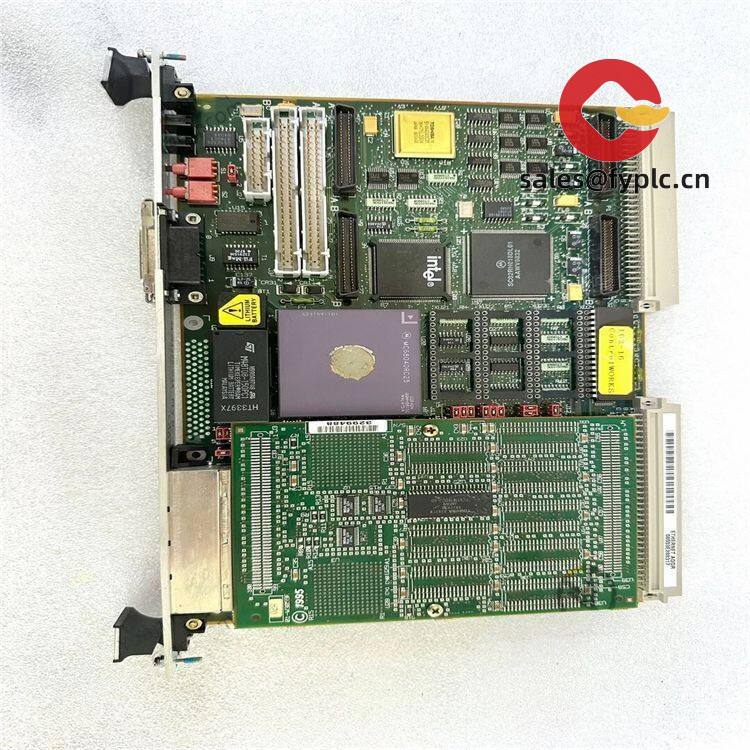
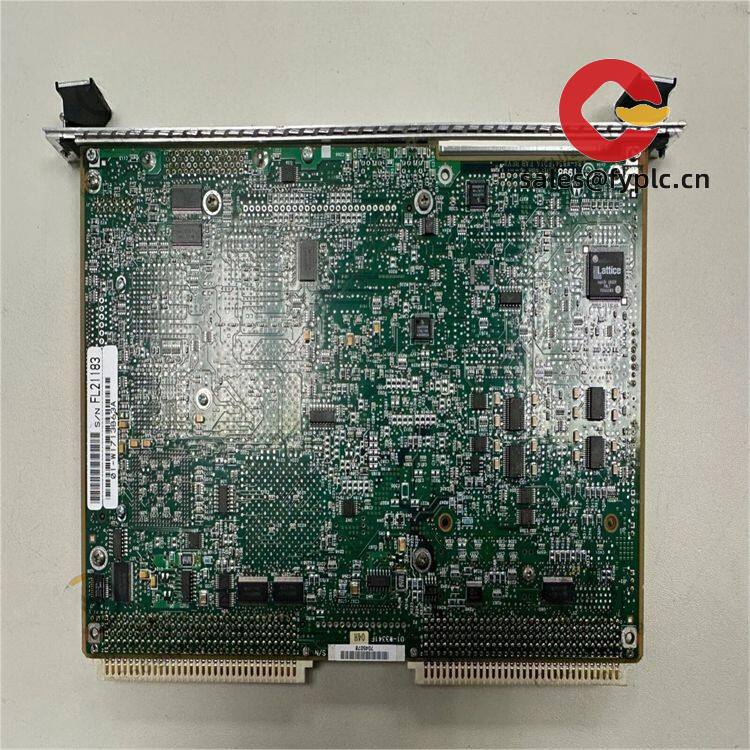
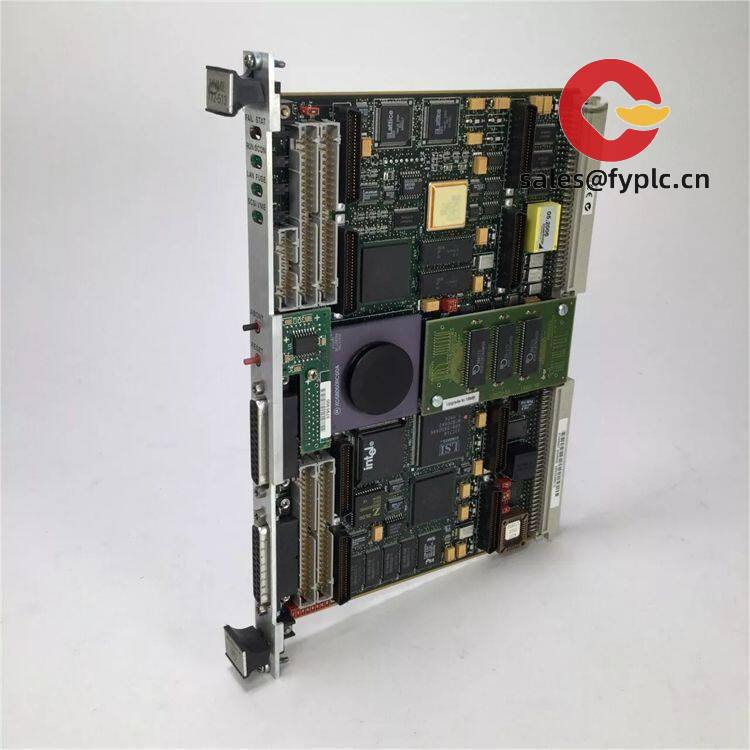
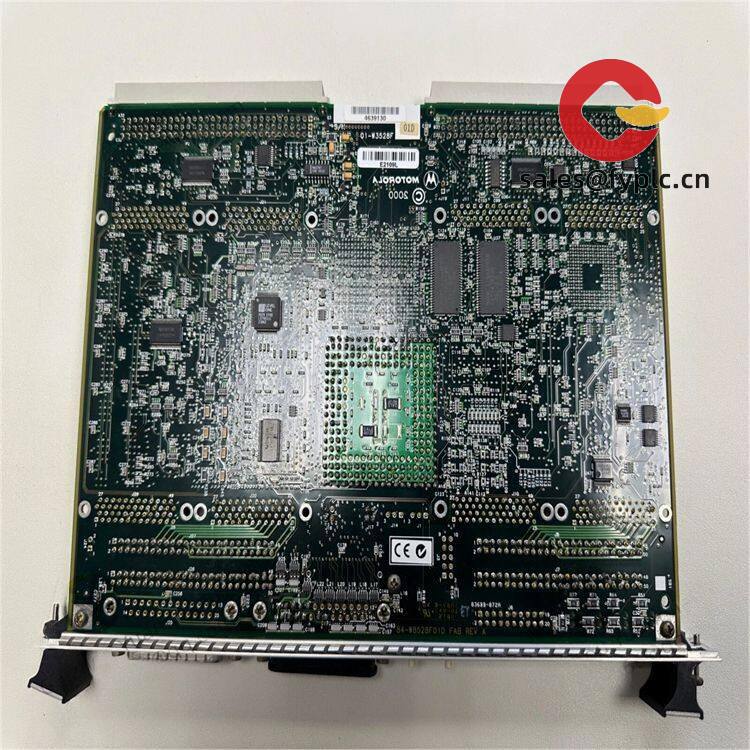


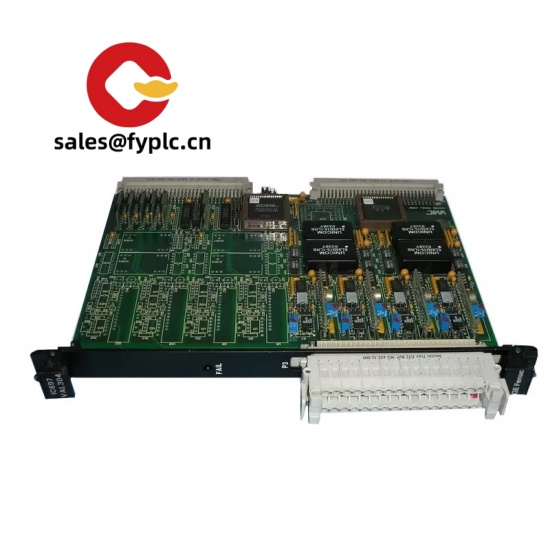
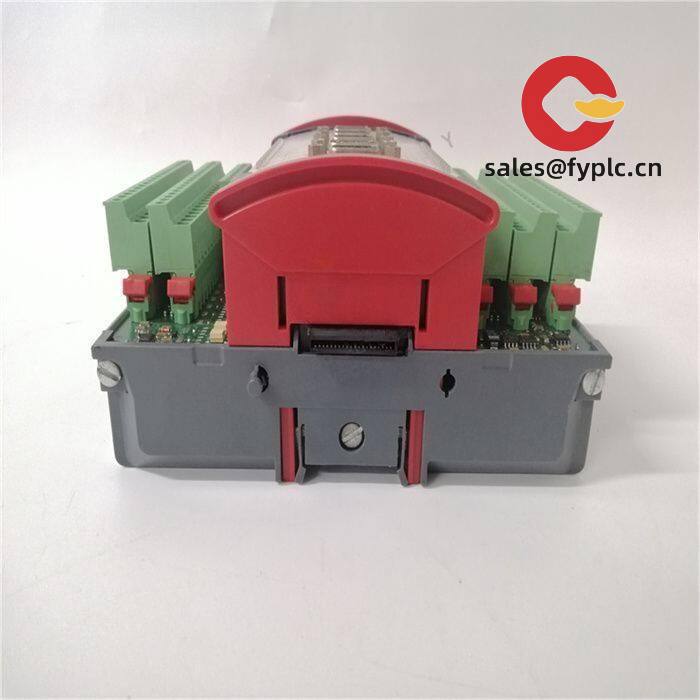
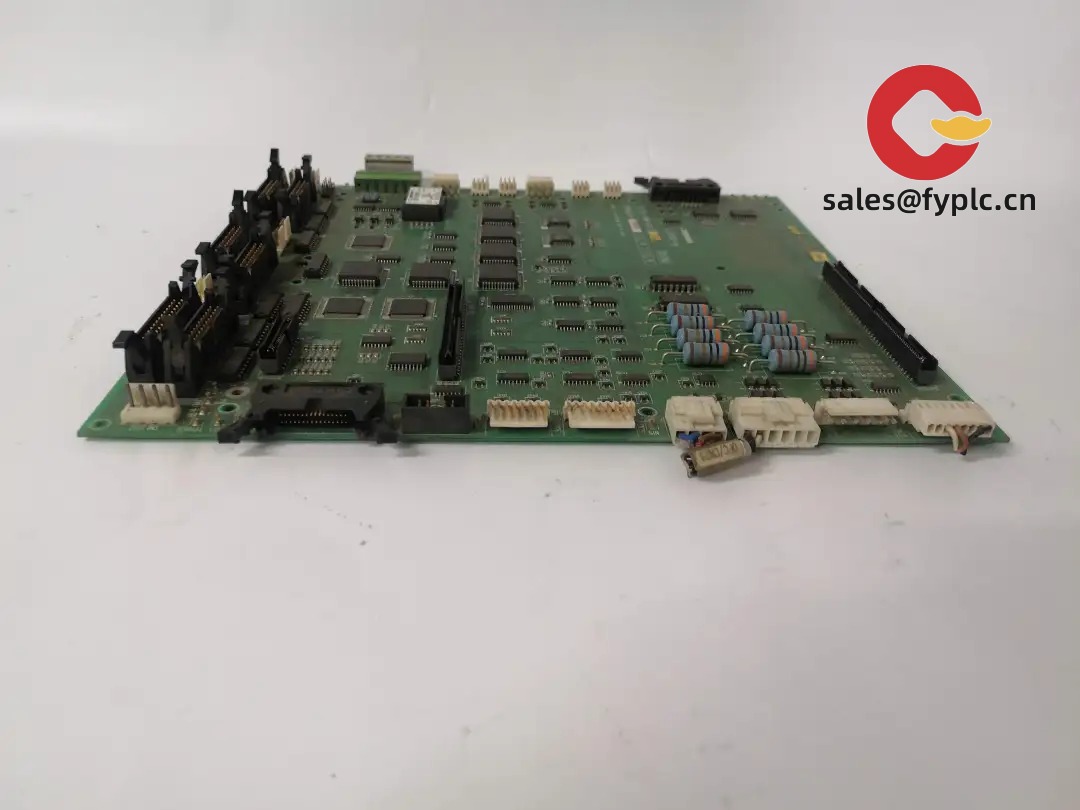
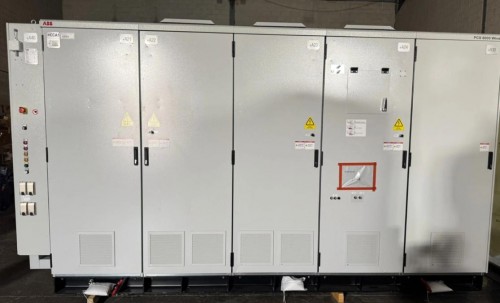
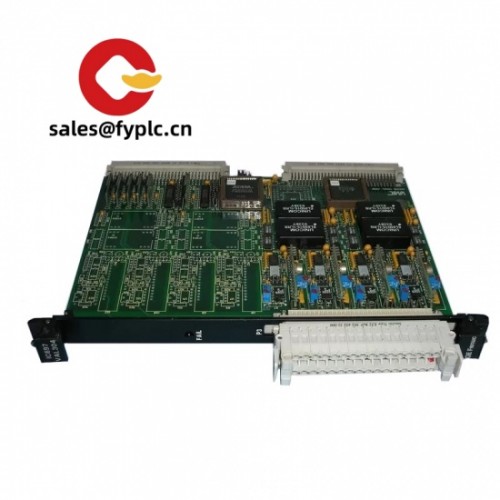
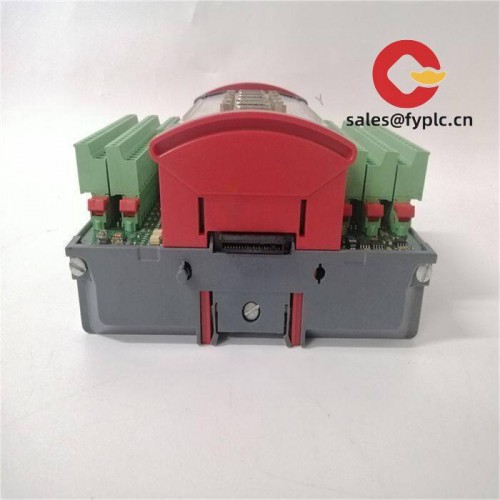
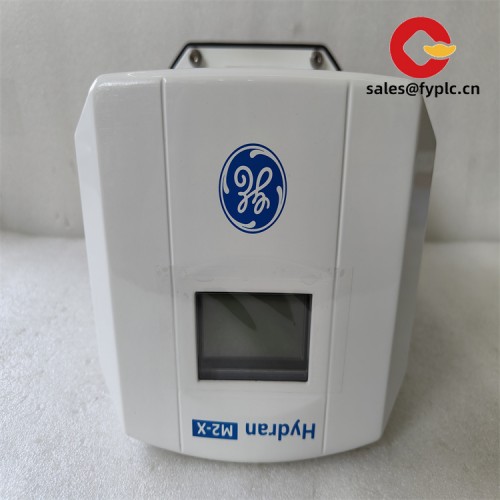
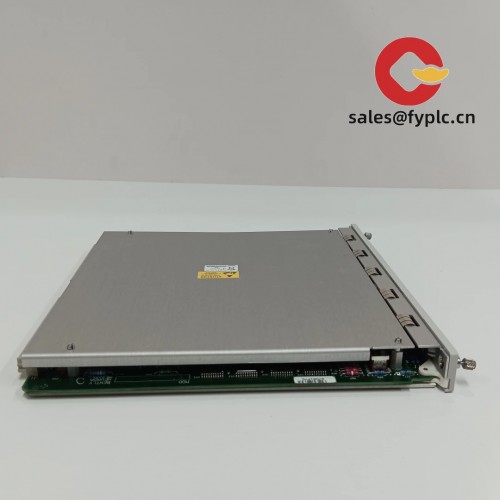


Reviews
There are no reviews yet.